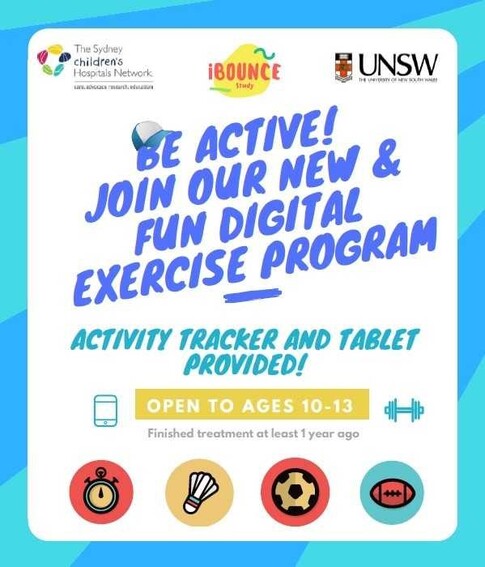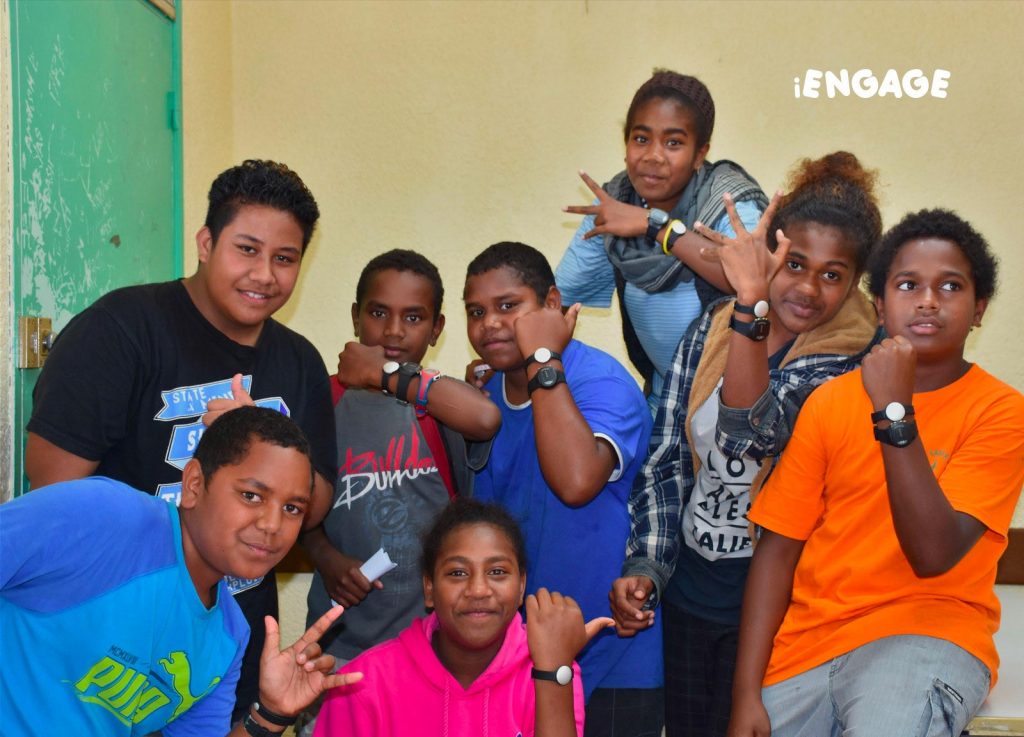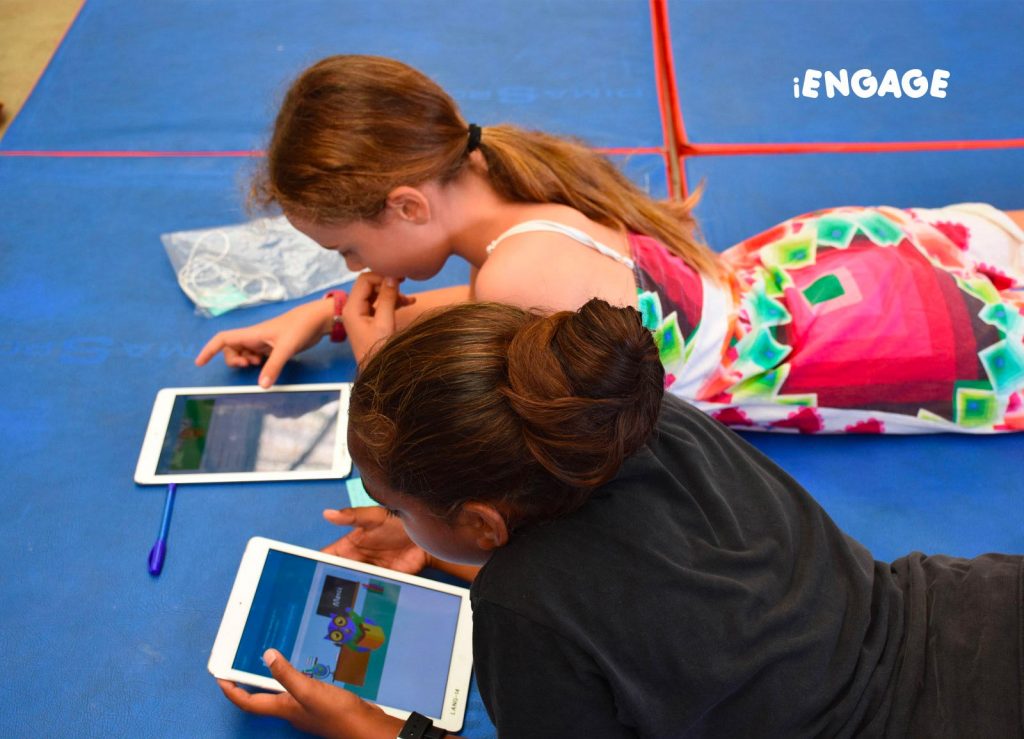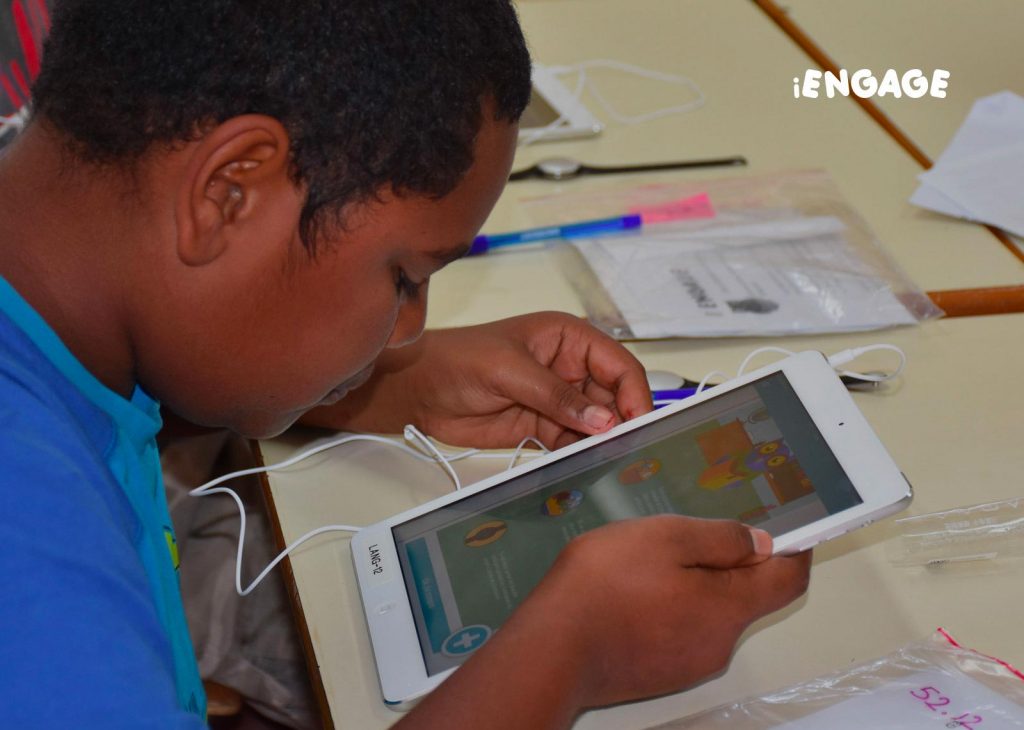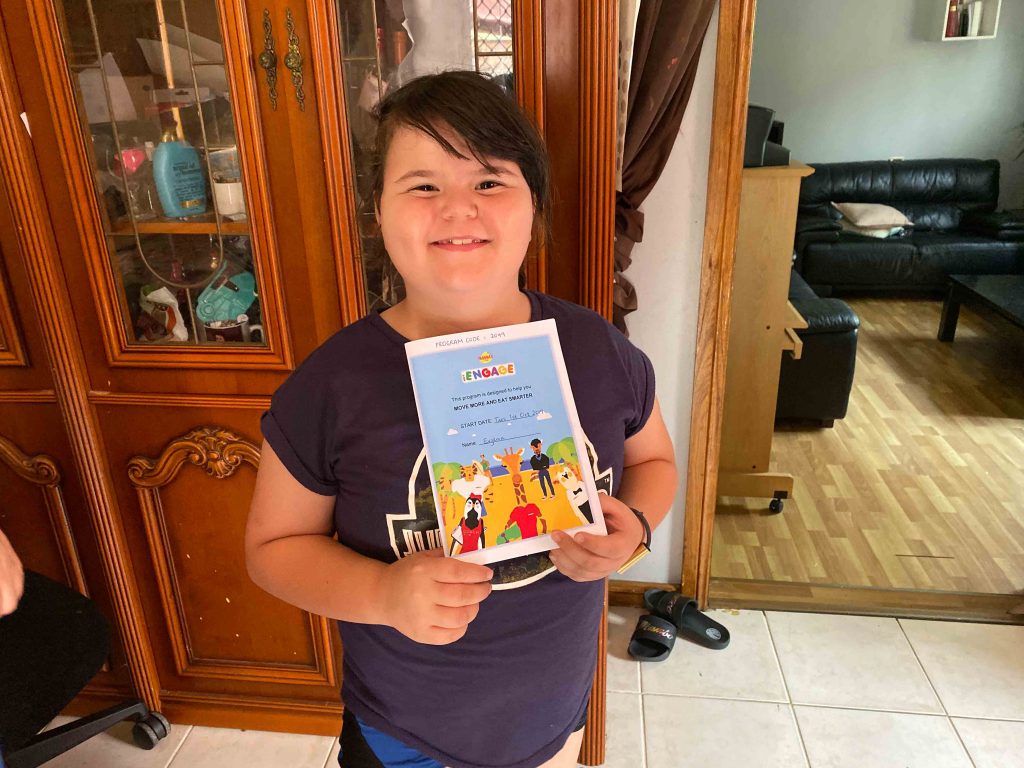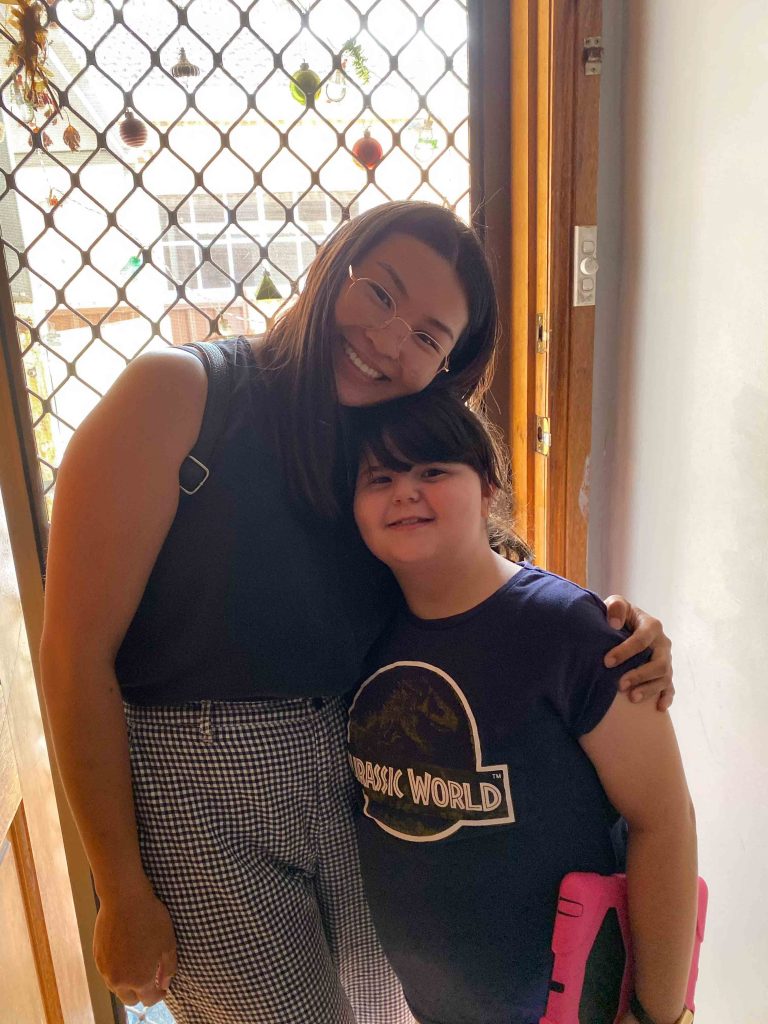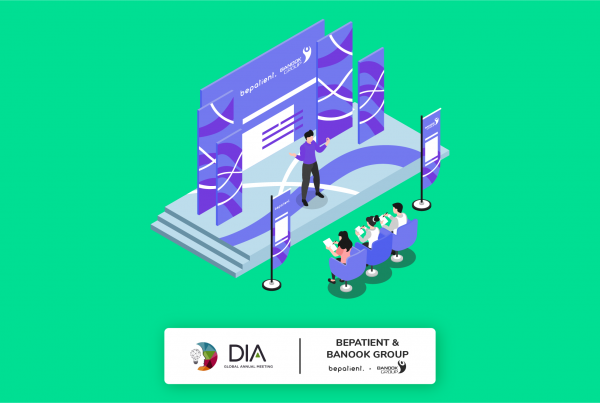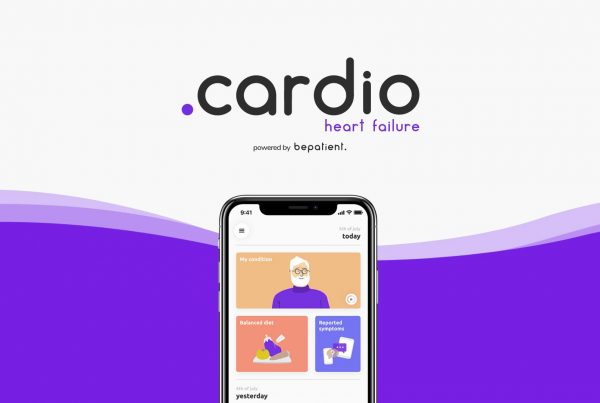It starts from a collaboration between The University of Sydney, The University of New Caledonia and bepatient to designed iEngage Application after the team obtained a PACENET plus seed funding from UE.
In collaboration with Associate Professor Kalina Yacef, Professor Corinne Caillaud and Associate Professor Olivier Galy, bepatient supported this program by bringing its technology, a modular, flexible & secured platform to create iEngage App and collect data for Real Word Evidence (RWE) studies.
Evidence-based, iEngage personalized companion App can increase children’s engagement and improve their health.
Back iEngage story since 2016
1- iEngage feasibility study in Lifou, New Caledonia – Nov 2016
Context and Background
Promoting better health is a major challenge in the Pacific Region. A study led in 2015 by the Laboratory of Interdisciplinary Education Research of the University of New Caledonia highlighted that 29% of boys and 41% of girls in New Caledonia are overweight or obese.
Based on this observation and with the financial support of Fond Pacifique, The University of Sydney and The University of New Caledonia asked bepatient to embed in its platform a tailored eHealth educational program that could ultimately engage children in healthy behaviours and improve their health outcomes.
Objective
iEngage is an eHealth education program born from a collaboration between The University of Sydney, The University of New Caledonia and bepatient. Using wearables and game-based teaching modules on the bepatient platform, aims at educating children about physical health and empowering them with skills to change their physical activity behaviour in the long term, as well as their eating habits.
Conclusion
iEngage was deployed in Lifou, the largest of the Loyalty Islands of New Caledonia, over a 4-week program during which 40 children used the bepatient application along with activity trackers to help them better engage in their health.
By demonstrating that an e-health education program combined with wireless devices can effectively engage children in healthy behaviors, bepatient and the Universities of Sydney and New Caledonia aim to evolve iEngage into a national “health awareness program”.
The next step for the iEngage solution is to be improved with the feedback we have had in real life and to be deployed in other schools.
2- iEngage program in Sydney, Australia – Nov 2017
Context and Background
Bepatient, the University of Sydney and the University of New Caledonia have partnered for the second year to launch the iEngage program in New South Wales, Australia.
Following the success of the pilot study conducted in New Caledonia in late 2016, the iEngage team received a grant from Diabetes Australia, Australia’s largest diabetes association to roll out the program in Sydney.
Objective
Thanks to this financial support, technological developments have been made on the iEngage program. The design has been reworked as well as the children’s journey over the 4 weeks to improve adherence.
New quizzes have been integrated, a challenge system with goals and missions has been added and children are rewarded with badges/cups for their progress in updating the application.
Conclusion
A controlled study was conducted during the month of November 2017, where 33 children aged 10 to 12 years old played the iEngage program during class while another group of 26 children did not follow any health education program Results showed significant improvement in physical activity patterns in
the iEngage group after the program was completed.
Through the app, they participated in fun activities, tested their knowledge through quizzes, and developed their physical skills. The children continue to wear a connected bracelet measuring their physical activity to learn how to move more.
Through the app, they participated in fun activities, tested their knowledge through quizzes, and developed their physical skills. The children continue to wear a connected bracelet measuring their physical activity to learn how to move more.
Following encouraging study results, teams of researchers of The Universities of Sydney & New Caledonia have published two papers so far: “Supporting Learning Activities with Wearable Devices to Develop Life-Long Skills in a Health Education App “ and “A Clustering Approach for Modeling and Analyzing Changes in Physical Activity Behaviors From Accelerometers“.
Digital health program, such as iEngage, that include self-monitored PA via activity trackers can be successfully delivered to adolescents in schools in remote Pacific areas.
Moreover, Real-life data collection allows innovative and complementary analyses of traditional studies.
This new methodology could help refine Health guidelines with regards to physical activity.
3- iBounce study in Sydney, Australia – June 2019
Context and Background
Following the success of the iEngage program, Associate Professor David Simar at UNSW Sydney collaborated with the iEngage team to deliver the program to children who survived cancer. These children are particularly vulnerable to metabolic and cardiovascular diseases later in life as a result of their cancer, the associated treatments, but also due to sedentary lifestyle.
Our collaboration resulted in the development of the iBOUNCE Study, a distance-delivered program, built on the iEngage program. The iBOUNCE study, conducted by PhD candidate Laurent Ha at UNSW Sydney, uses the bepatient platform, with children wearing activity trackers throughout the intervention to assess their daily physical activity levels and behaviours such as intensity of physical activity and steps walked per day.
Objective
The iBOUNCE study aims to educate childhood cancer survivors about healthy behaviours such as participating in regular physical activity, fitness and reducing sugar intake. iBOUNCE promotes healthy behaviours in children and teaches them the importance of regular physical activity and healthy eating. A key strength of our program is that it provides children with fun exercises and activities that involve the family/carers to emphasise the importance of peer support and to further facilitate behaviour change.
Benefit
iBOUNCE study offers children who survived cancer an intervention that can be easily used in their everyday lives and does not require regular trips to the hospital. The study only requires two visits to the hospital (before and after the intervention). iBOUNCE also provides a unique opportunity to teach parents/carers on easy ways to assess their children’s physical activity and fitness. This is especially important for families who live in rural and remote areas who may not have easy access to allied health professionals and programs to help their child develop healthy behaviours.
